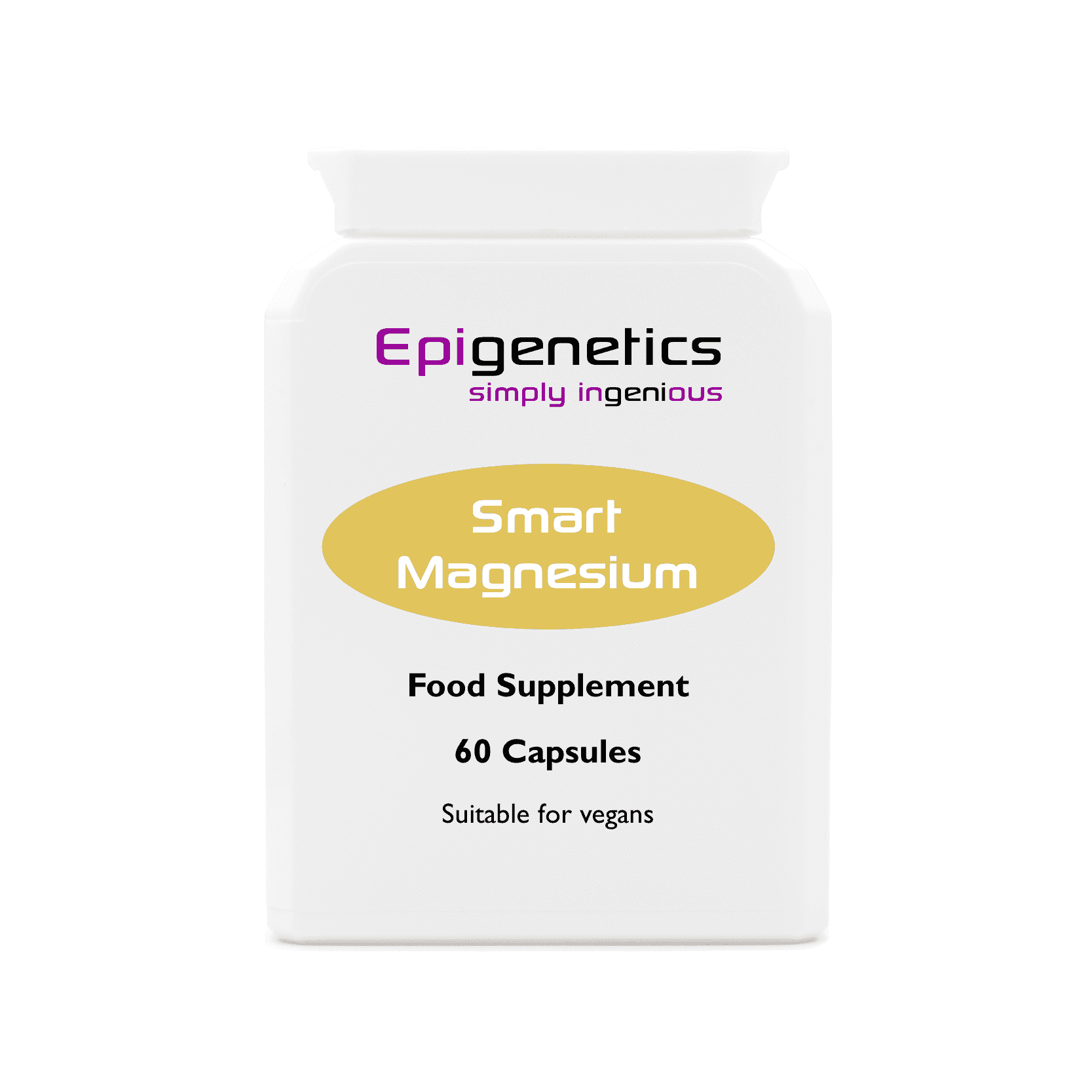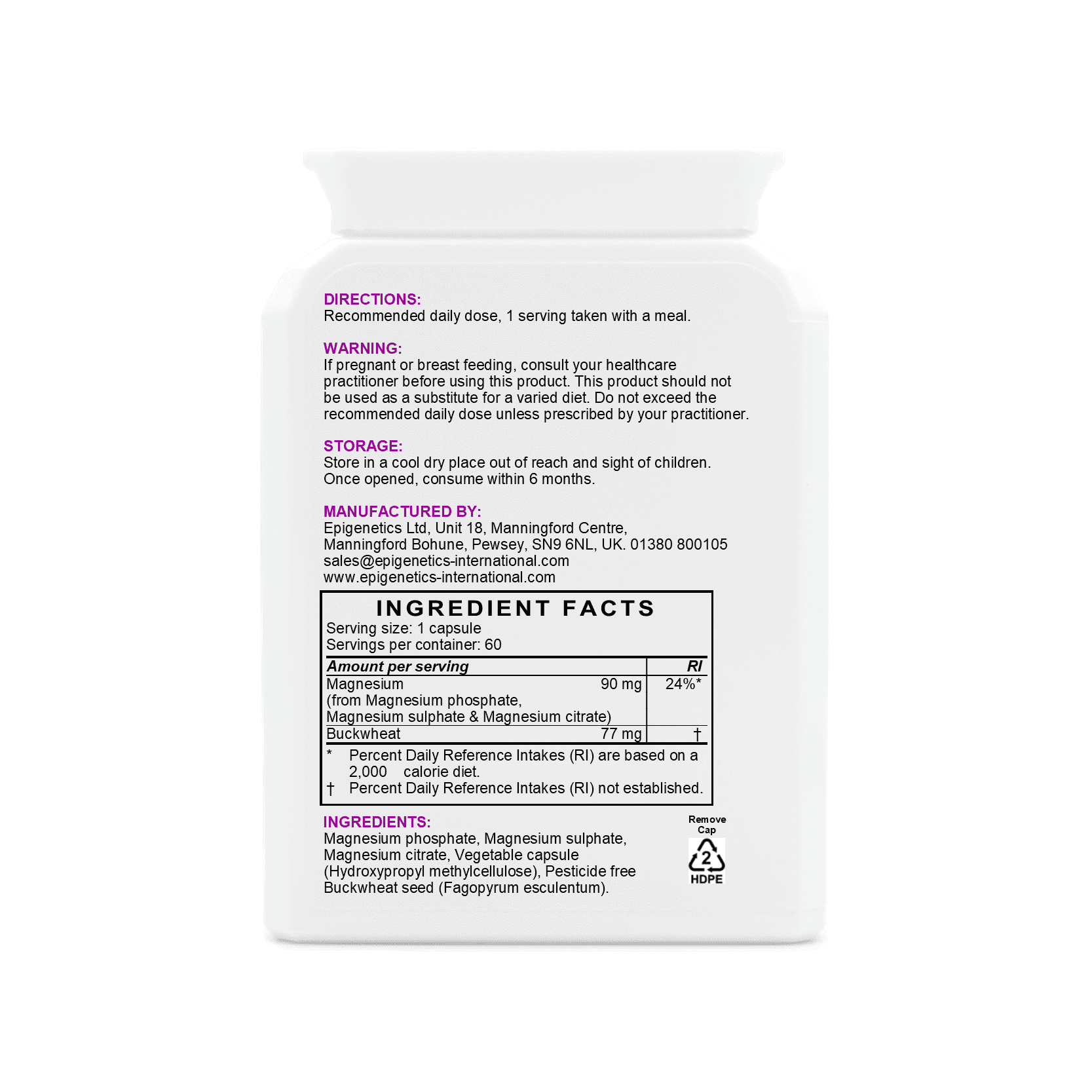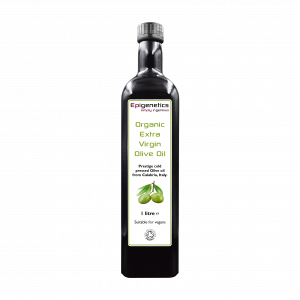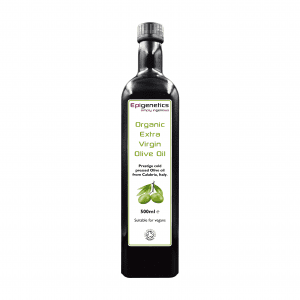Description
Smart products are the Epigenetics range of supplements that contain freeze dried extracts of plants containing organic sources of the specific nutrients. When natural sources of nutrients are added to synthetic compounds they act as biological catalysts for the body to function most efficiently.
In each of our Smart Products, the natural source is from plants that contain the highest percentage of the active nutrient.
In Smart Magnesium, the natural substance is Buckwheat which is not a grain so people with a wheat or gluten intolerance should not be concerned.
Food sources of magnesium include cereals, leafy green vegetables and soybeans, raw nuts and fruit. As with most nutrients, daily needs for magnesium are unlikely to be met by one serving of any single food. Eating a wide variety of fruits, vegetables, and grains will help ensure adequate intake of magnesium.





